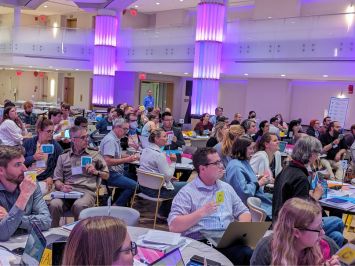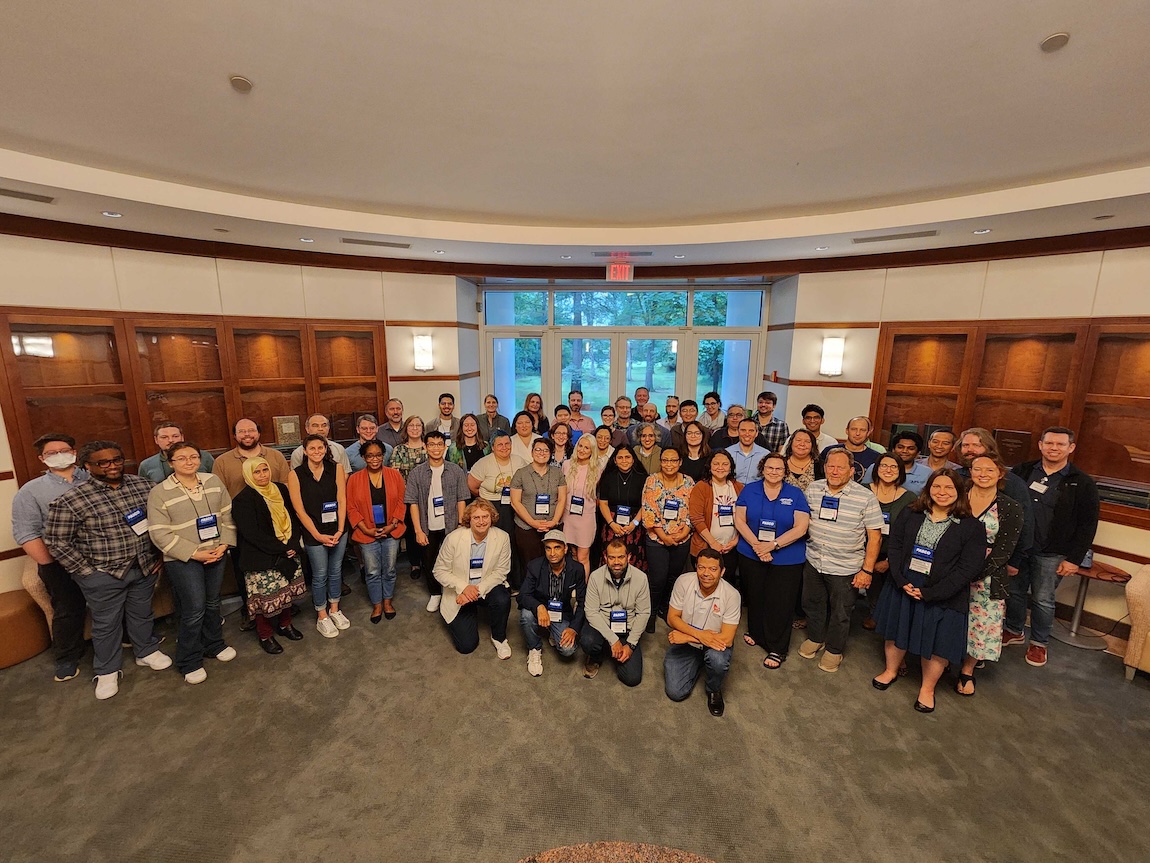Click here to read the most recent Physics and Astronomy Faculty Teaching Institute: Public Evaluation Report published in winter 2024 based on the June and November 2023 cohort data.
Some survey respondents provided glowing praise:
- “I really enjoyed spending so much time with so many other early-career faculty, and at similar institutions. It was *especially* useful to hear their perspectives, learn that my concerns and difficulties were more common than I thought, and brainstorm some strategies for addressing them.” - June 2023 Workshop Participant
- “The workshop was vibrant and energetic. The FTI team was welcoming and did a great job at structuring the sessions and providing meaningful content.” - November 2023 Workshop Participant
- “[T]he workshop was extremely helpful! The presenters addressed changes that could be made to courses depending on the audience (introductory vs. upper-level courses, for example), while explaining that these active-learning techniques work for all levels.” - June 2023 Workshop Participant
Read more about the FTI’s impact:

Leadership Team
The FTI Leadership team is proud to provide training on effective teaching practices to the physics and astronomy communities. More about us can be found on our Leadership page.

Have questions about workshop registration details? Email us at programs at aapt dot org.
Have any non-workshop questions about FTI? Email us at info-FTI at aps dot org.
The email addresses have been obscured to make harvesting more difficult. Please remove spaces and replace "at" with @.